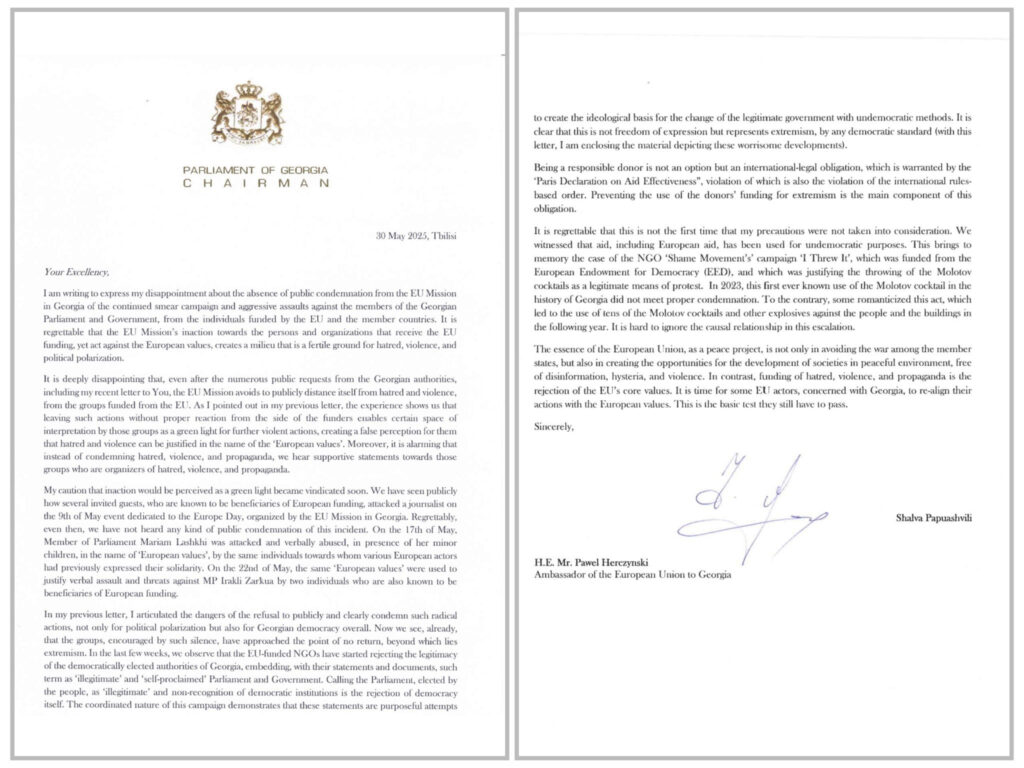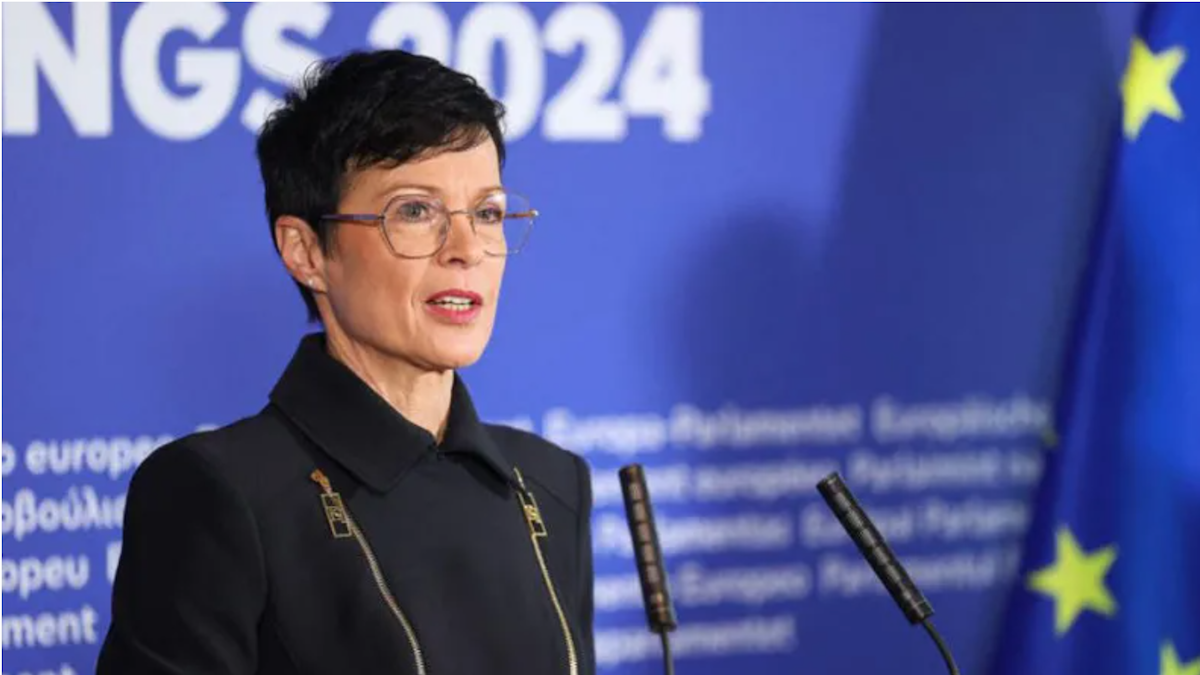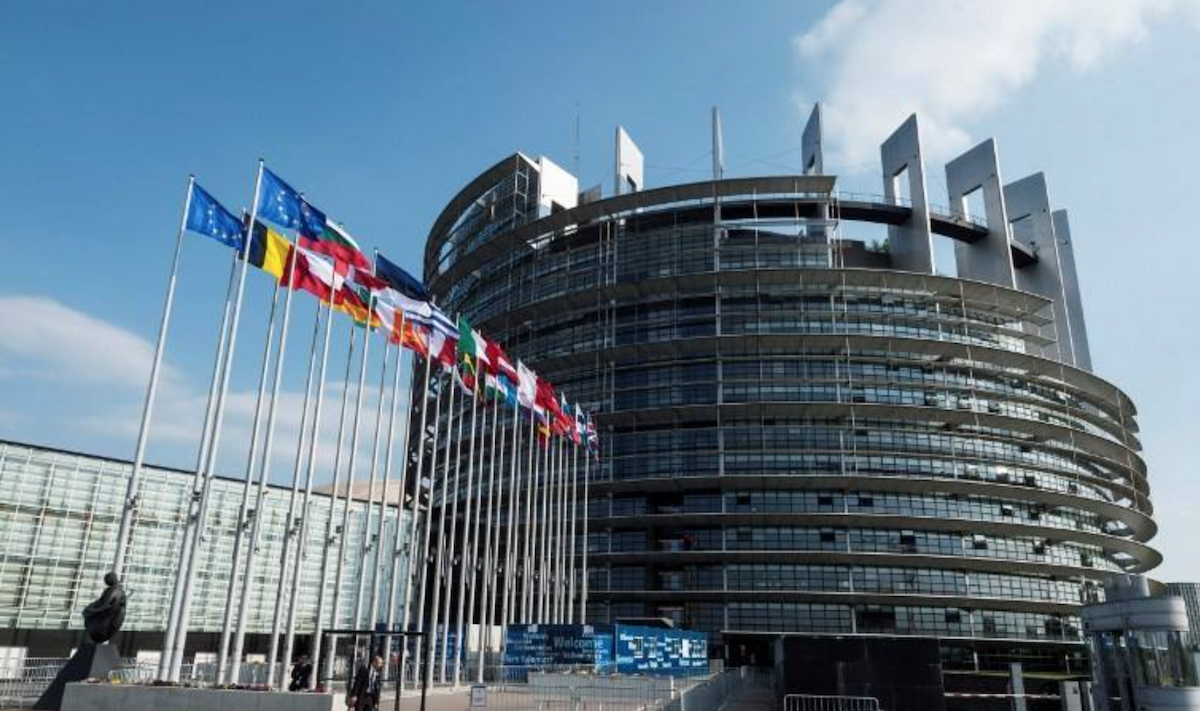Speaker of Georgia’s one-party parliament again expresses disappointment to EU ambassador
Georgian Parliament speaker addresses EU envoy
Georgian Dream parliamentary speaker Shalva Papuashvili announced that on 30 May he sent a second letter to the EU Ambassador to Georgia, Pawel Herczynski, once again raising concerns about “the alarming situation in which the name and funding of the European Union are being used to promote hatred, violence, and propaganda.”

Here is an abridged version of Papuashvili’s letter to Herczynski:
“I would like to express my disappointment that the EU Mission in Georgia has not publicly condemned the ongoing campaign of insults and aggressive attacks against members of Georgia’s parliament and government by individuals funded by the EU and its member states.
It is regrettable that the EU Mission’s inaction toward certain individuals and organisations—who, despite receiving EU funding, act contrary to European values—creates an environment that fosters hatred, violence, and political polarisation.
It is deeply disappointing that, despite repeated calls from Georgian authorities, including my previous letter, the EU Mission continues to refuse to distance itself from the hatred and violence coming from EU-funded groups. As I stated before, experience shows that when donors ignore such behaviour, these groups interpret the EU Mission’s silence as a green light for further violent actions. It creates the impression that hatred and violence can be justified in the name of ‘European values’. Even more concerning is that, instead of condemning hatred, violence, and propaganda, we hear statements of support for groups that are their very organisers.
“We are already witnessing how groups emboldened by this silence are approaching a line beyond which lies extremism—one from which there may be no return. In recent weeks, EU-funded NGOs have begun using terms such as ‘illegitimate’ and ‘self-proclaimed’ when referring to Georgia’s parliament and government, openly denying the legitimacy of a democratically elected government in their statements and reports.
Calling a parliament elected by the people ‘illegitimate’ and refusing to recognise democratic institutions is a denial of democracy itself. The coordinated nature of this campaign suggests we are facing an attempt to lay the ideological groundwork for replacing lawful authority through undemocratic means. By any democratic standard, this is not freedom of speech—it is extremism.
Responsible donor behaviour is not a choice, but a binding international obligation, as guaranteed by the Paris Declaration on Aid Effectiveness. Breaching this obligation also constitutes a violation of the rules-based international order. Avoiding the use of donor funds for extremist purposes is a core element of that obligation.
The European Union, as a peace project, is not only about preventing war between member states, but also about creating environments in which societies can develop peacefully—free from disinformation, hysteria, and violence.
Conversely, funding hatred, violence, and propaganda represents a betrayal of the fundamental values of the European Union. It is time for certain EU representatives engaged with Georgia to conduct themselves in line with those European values. This is a basic test—one they have yet to pass.”
Georgian Parliament speaker addresses EU envoy




















